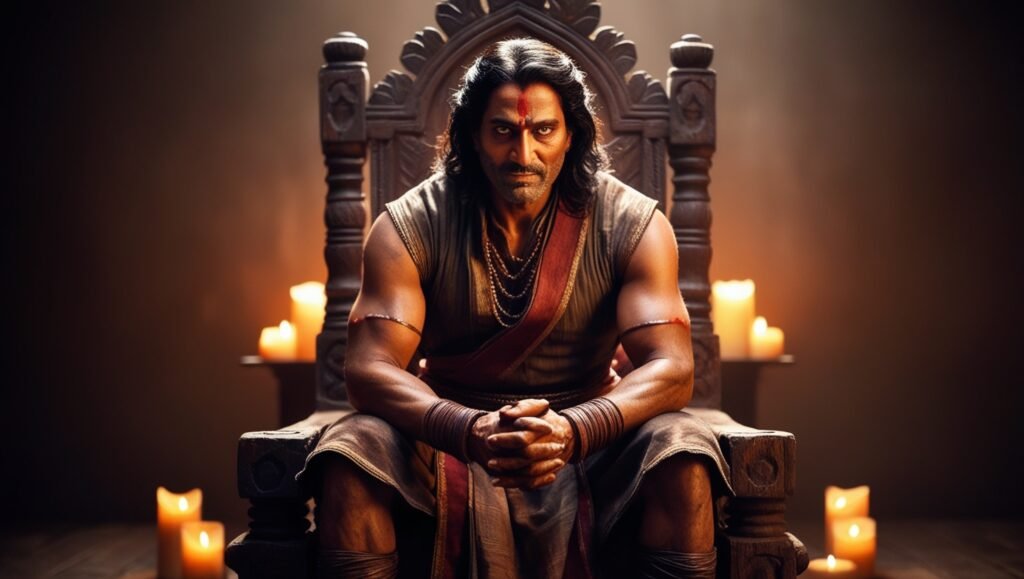Mahabharata is one of the long epics found in the world, but beyond the simple story of war and family ties, the epic really represents a rich exploration into dharma -duty, morality, and righteousness. Thousands of years later, the philosophy of dharma as interpreted in the Mahabharata is more relevantly applicable in this complex, chaotic world.
Understanding Dharma in Mahabharata
In the Mahabharata, dharma is not a fixed rulebook but a dynamic concept, requiring individuals to act based on their roles, relationships, and circumstances. This nuanced view makes the epic a timeless guide for navigating moral dilemmas.
Personal Dharma: Balancing Responsibilities
In the epic, characters such as Arjuna struggle to fulfill their personal duties. Arjuna’s resistance to fight in the Kurukshetra war reveals our modern day struggles balancing personal ethics and societal expectation. Krishna advises to work without attachment to results, but in today’s fast moving world, this is burning out and suffering from decision fatigue.
Social Dharma: The Necessity of Justice and Equity
The Mahabharata highlights the collective responsibility that should be maintained in establishing justice and harmony in society. The failure of Yudhishthira to make Draupadi stop makes one realize the consequences for inaction against injustice, which is applicable today towards standing against corruption, inequality, and discrimination in all aspects.
Dharma in Leadership
The epic proffers a model for ethical leadership from characters like Krishna and Bhishma. Krishna’s efforts are an example of using strategic thinking and adaptability as he shows how things get wrong when one sticks on to outdated principles without using their head. Modern day leaders can learn from these incidents and balance integrity with being pragmatic.
Dharma with People
The Mahabharata also explores the intricacies of relationships—be it between siblings, spouses, or mentors. The rivalry between the Pandavas and Kauravas underscores the destructive impact of jealousy and ego, while Krishna and Arjuna’s friendship exemplifies trust and mutual support. These dynamics remind us of the importance of empathy and communication in maintaining healthy relationships.
Relevance in Today’s Workplace
This calls for ethical decision-making and team play in the professional environment, as taught by Mahabharata’s doctrine on dharma. Like the clarity and wisdom of Krishna to Arjuna, today’s mentors and leaders must empower their teams for an effective response to challenges that arise.
This is because the discourse of the Mahabharata on dharma is timeless. The lessons of this epic, when applied to our lives and to the lives of societies, help us deal with the modern challenges with wisdom, courage, and purpose. At this time when the world is beset by uncertainty and complexity, the need for dharma is greater than ever.



